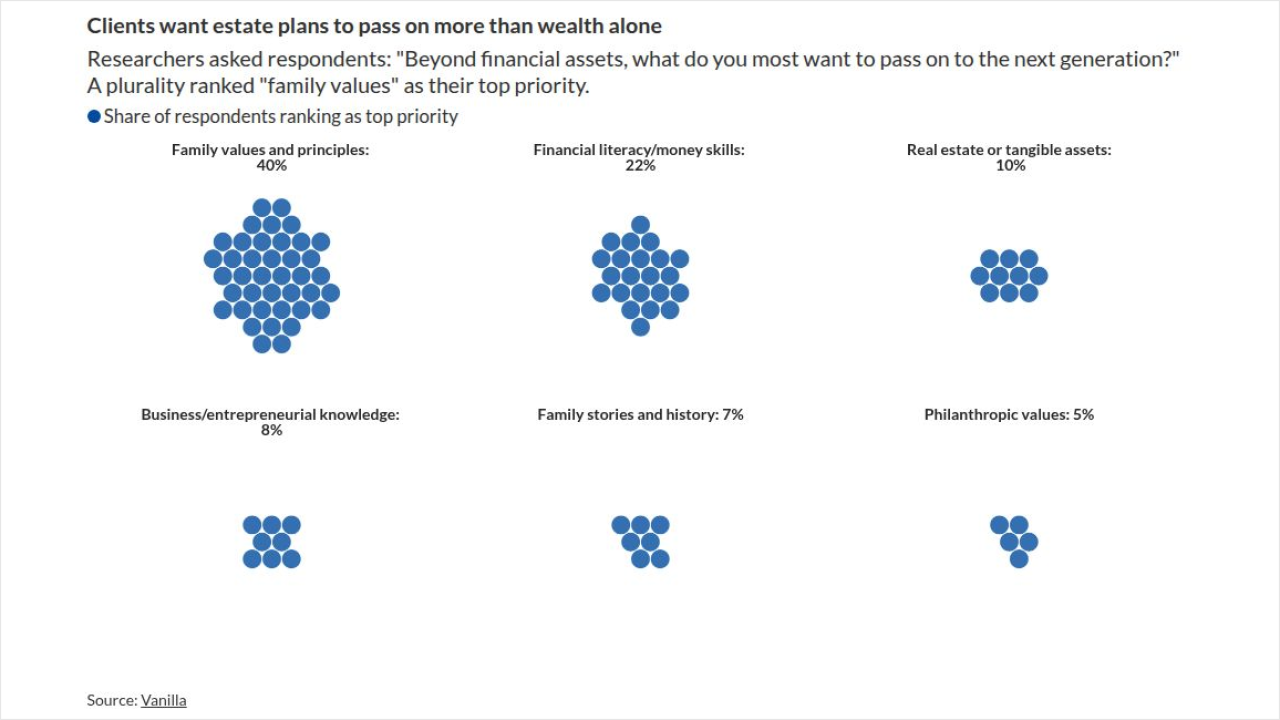The Securities and Exchange Commission said it has started enforcement proceedings against a St. Louis-based registered investment advisor and a broker-dealer for artificially inflating the prices of thinly executed stocks to report inflated performance to clients.
The SEC charged David Koch, president of Koch Asset Management (KAM) with violating the Investment Company Act of 1940 and the Investment advisors Act of 1940 by implementing a “mark-the-close scam” with Huntleigh Securities Corp, a St Louis-based brokerage firm. An administrative court judge has yet to hear the case against Koch and KAM.
Jeffrey Christanell, the former head of equity trading at Huntleigh Securities, has agreed to pay a fine of $15,000 and to be barred from the securities industry for about one year. The SEC did not fine Huntleigh Securities, but did give it a censure and ordered the brokerage firm to adopt new procedures such as the daily review of trade execution blotters and exception reports by compliance personnel. "Huntleigh failed to establish procedures or have a system in place to implement existing policies and procedures reasonably designed to prevent and detect Christanell's marking-the-close trading.
Officials at Huntleigh in St. Louis could not be reached by press time to discuss the SEC's administrative action.
“KAM and Koch, by placing orders to purchase securities for their advisory clients at artificially inflated prices, breached their fiduciary duty to seek best execution for the clients,” said the SEC in its filing on April 25 against Koch and KAM.
According to the regulator, Koch instructed a trader at Huntleigh Securities Corp., called "Trader A' to place orders near the close of trading for thinly-traded securities held by customers in separately managed accounts. In a separate admnistrative ruling, the SEC identified the trader as Jeffrey S. Christanell, former head of equity trading at Huntleigh Securities.
As a rseult of the scam, the SEC said, the reported closing prices of the securities increased substantially so Koch could report higher valuations and better performance. The stocks affected: High Country Bancorp quoted on OTC Link, previously OTC’s pink sheets and Carver Bancorp which trades on Nasdaq. Although KAM had 40 customers, all of the shares purchased in 2009 were allocated to the account of a single customer: a 92 year old retired homemaker.
“Monthly portfolio performance was reported based on the change in the value of portfolio securities as of the last trading day of each month,” said the SEC in its ruling on April 25. “KAM, by marking-the-close in a security held by many of its advisory accounts, was able to artificially improve the reported monthly performance for each account holding that security.”
Here are just several examples cited by the SEC in its complaint against Koch and KAM: When KAM was the only firm to buy shares of HCBC on September 30th for advisory accounts, HCBC’s shares closed at $23.50 a share, up $5.50 per share or 30.5 percent from the closing price on September 30. On October 30, 2009, the trades executed by Huntleigh on behalf of KAM moved the price of HCBC to $19.75 a share from the previous day’s close of $14 a share. In the case of shares of Carver Bancorp. Koch told Trader A “to pop” the price of Carver at the end of December 31, 2009. The trader at Huntleigh Securities executed the order for 200 shares at $9.05 a share, or three cents a share more than the closing price the previous day.
Compliance experts say that while brokerages typically test valuations to ensure that no fraudulent trading has taken place, such was apparently not the case for KAM. That is likely because Koch also served as the chief compliance officer in addition to his role as president. “KAM failed to implement policies and procedures to prevent violations of the Advisors Act and did not maintain communications related to the placing and execution of orders to purchase securities, including electronic communications related to such orders,” wrote the SEC in its ruling.
"Mr Koch and Koch Asset Management are disappointed that the SEC has decided to institute an administrative proceeding instead of resolving this matter," said Steven Sherman, a partner representing Koch and KAM with the law firm of Thomson Coburn in St Louis. "Mr Koch and KAM intend to vigorously contest these charges."





